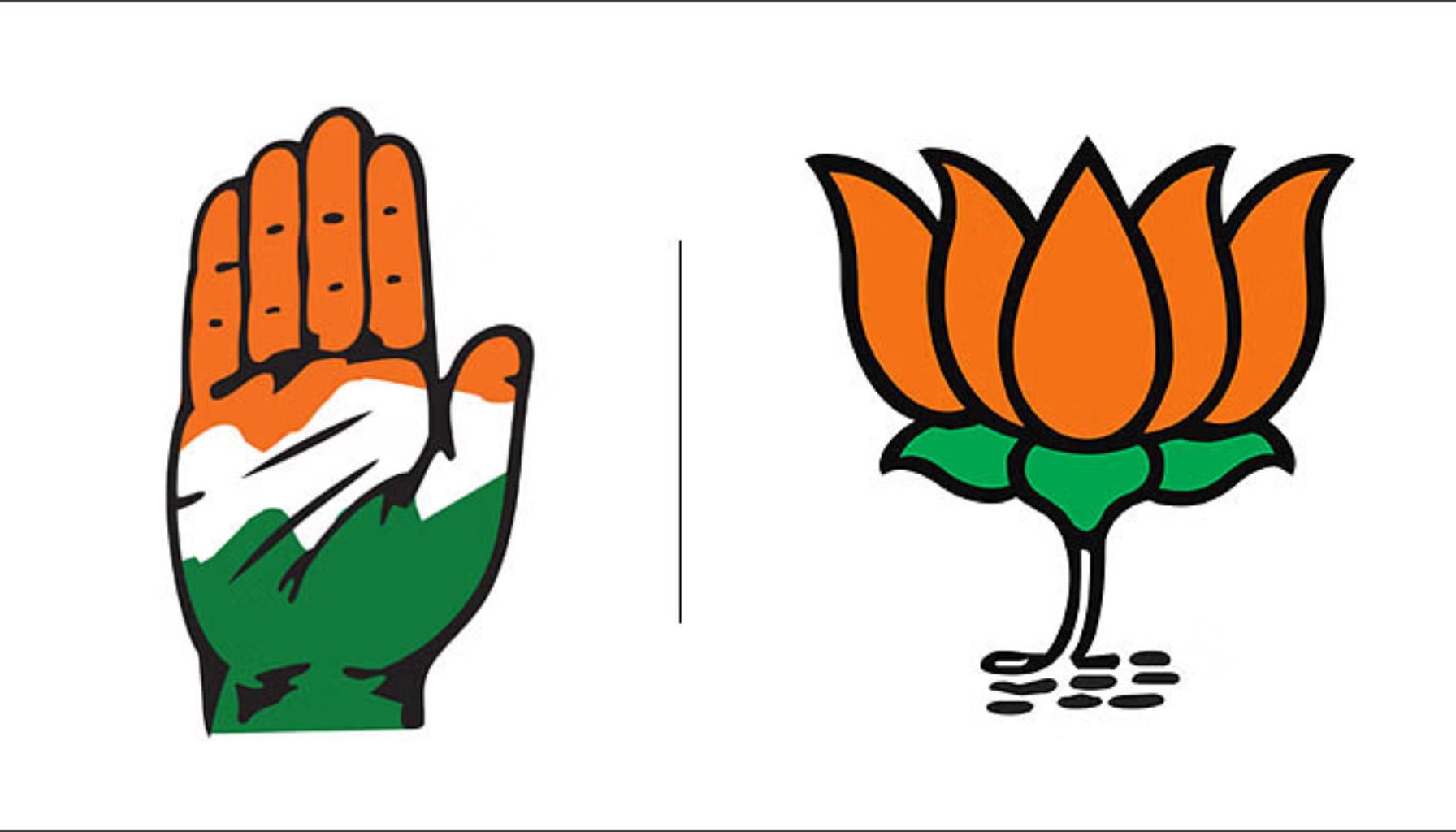N
Netflix’s highly anticipated adaptation of Anthony Doerr’s Pulitzer Prize-winning novel, "All the Light We Cannot See," has hit the screens, but not to the expected acclaim. The adaptation, which transforms the beloved literary work into a visual narrative, has been met with harsh criticism, with many calling it a schmaltzy and incoherent interpretation that fails to live up to the novel's prestigious reputation.
The novel, acclaimed for its profound storytelling of a blind French girl and a German soldier’s intersecting paths during World War II, was brought to the small screen by screenwriter Steven Knight and director Shawn Levy. However, critics argue that the translation from page to screen has been less than successful, distilling the novel's intricate narrative into just four episodes, which has resulted in a series that some have deemed borderline offensive and a betrayal of the book’s legacy.
In contrast to the critical voices, the series has been praised for its casting of Aria Mia Loberti, a visually impaired actress, as Marie-Laure LeBlanc. Her portrayal has been described as a standout, bringing intelligence and tenacity to a character at risk of being perceived as merely a damsel in distress. Despite this, the overall execution of the show has been critiqued for its lack of depth and moral complexity, particularly in its portrayal of the characters' wartime experiences and moral dilemmas.
The narrative’s adaptation has been scrutinized for oversimplifying characters and glossing over the larger, more difficult moral questions that the original novel bravely tackled. Furthermore, the choice to have characters speak English with various accents has been questioned, with Mark Ruffalo's performance as Marie’s father receiving individual criticism for his affected pronunciation.
The series has sparked debate not only about the challenges of adapting complex literature for the screen but also about the portrayal of historical narratives and their resonance in today's political climate. It raises the question of whether the adaptation has succeeded in conveying the novel’s nuanced examination of human nature and morality, or if it has merely capitalized on the emotional gravitas of a dark period in history.
Netflix's "All the Light We Cannot See" serves as a reminder of the delicate balance required in adapting revered literary works and the importance of maintaining the integrity of the original material. The show continues to stir conversations around the world about the representation of historical fiction in media and the responsibility filmmakers have to their literary sources.










